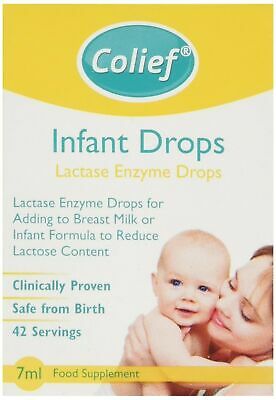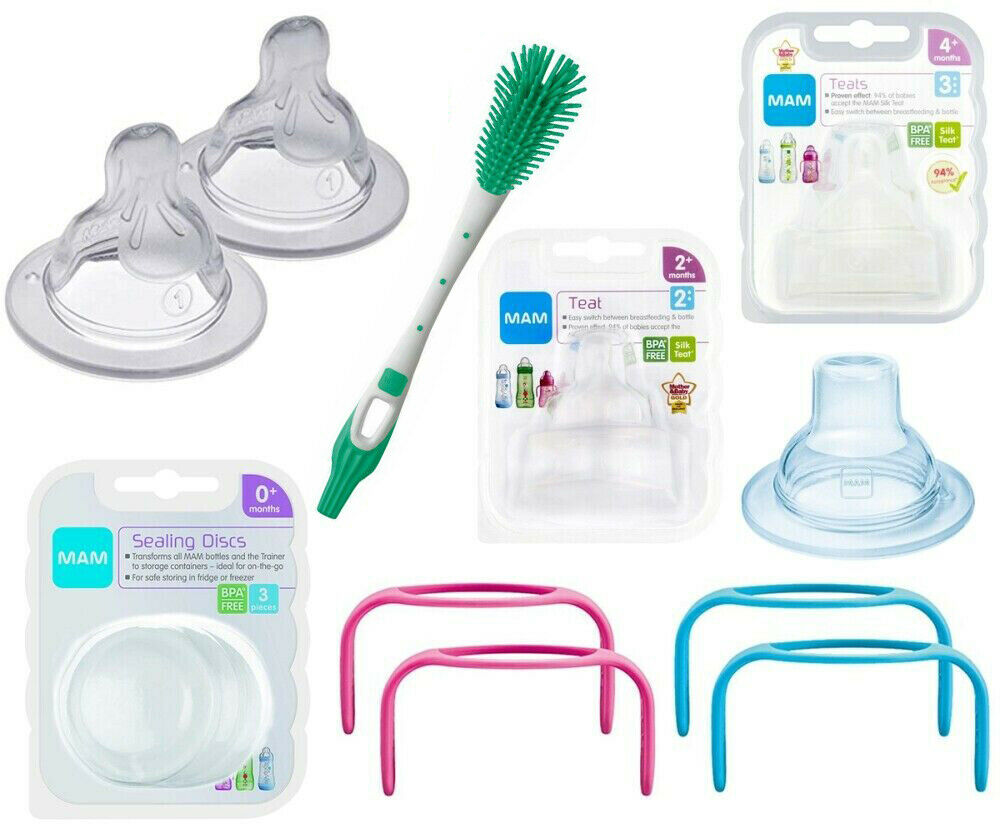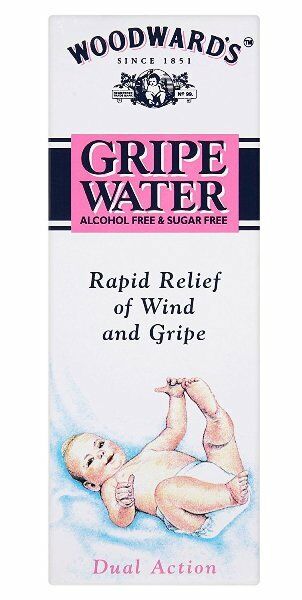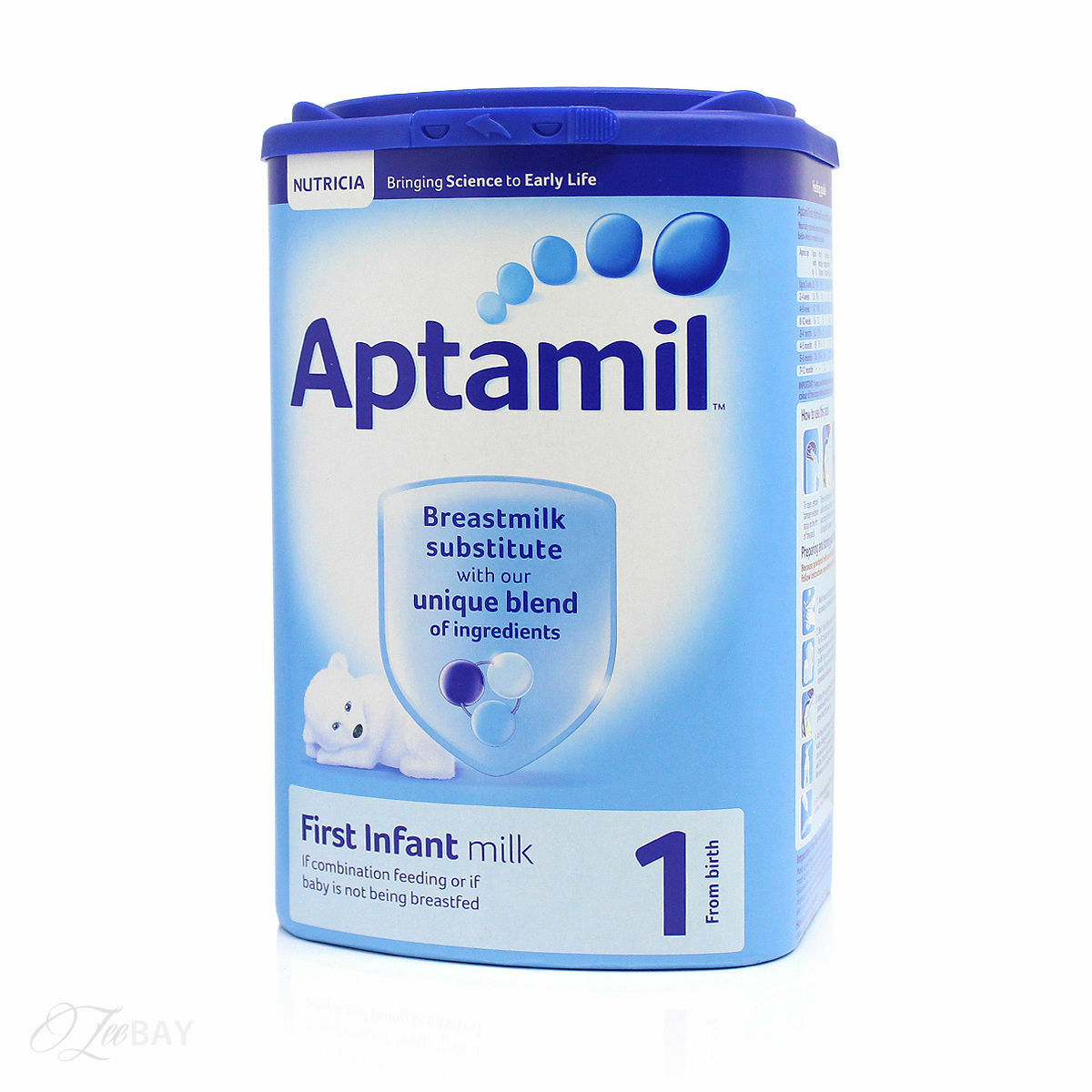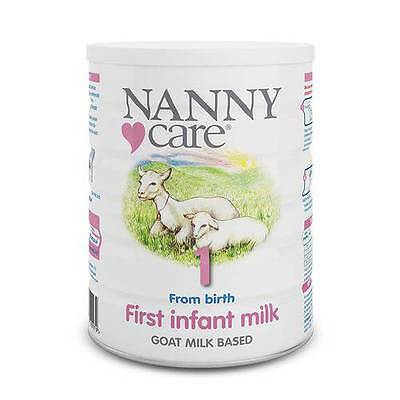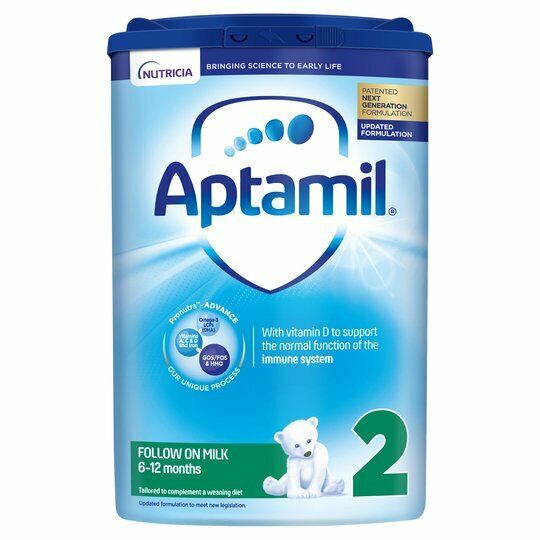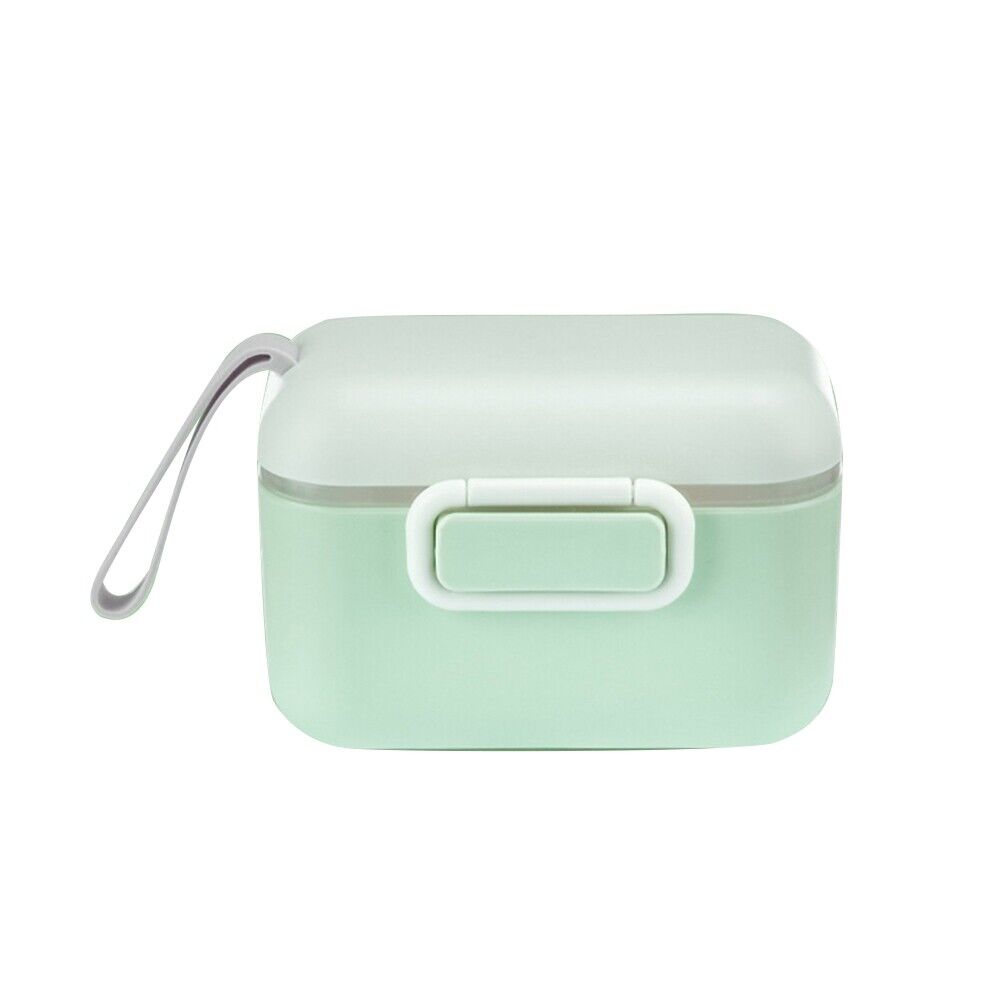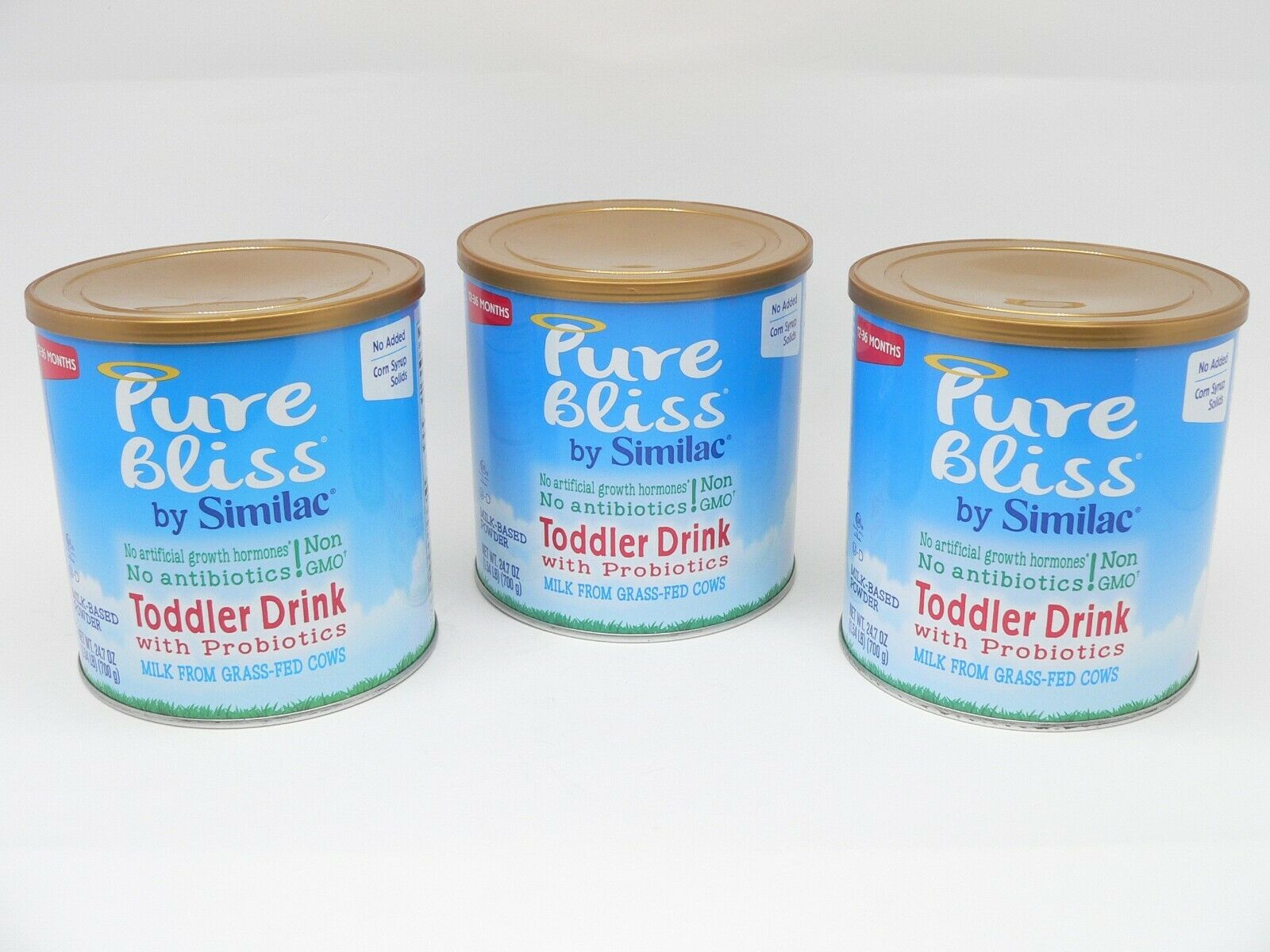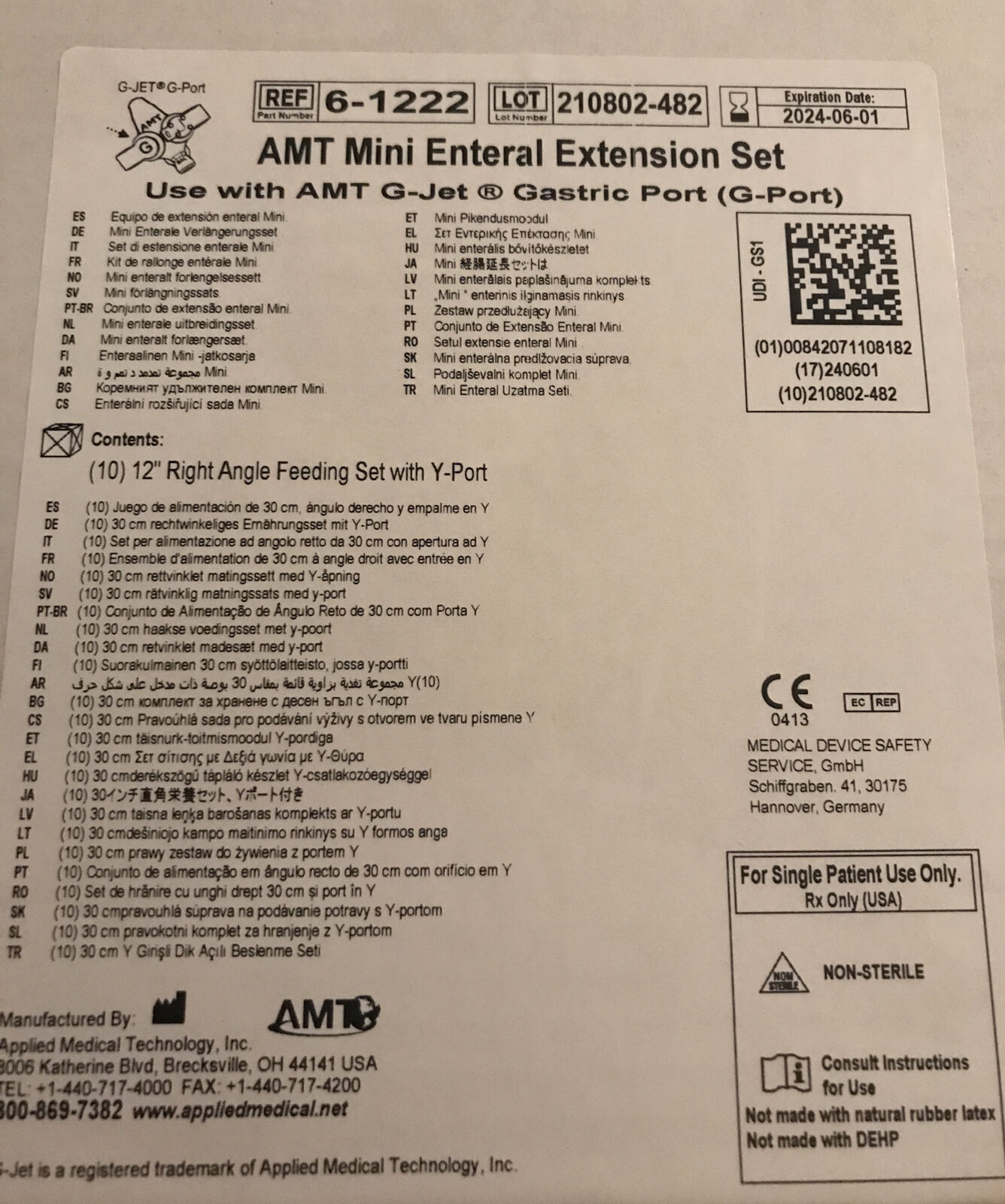-40%
Crosscare Colief Infant Drops, 7 ML Box 0.24 Fl Oz (Pack of 1)
$ 16.27
- Description
- Size Guide
Description
Crosscare Colief Infant Drops, 7 ML BoxProduct Details
Size: 0.24 Fl Oz (Pack of 1)
Brand: Crosscare
MPN: 1
UPC: 190283208870
EAN: 0190283208870
Is Discontinued By Manufacturer : No
Product Dimensions : 6 x 5 x 4 inches; 0.71 Ounces
Item model number : 1
Department : Unisex-child
Date First Available : March 31, 2011
Manufacturer : Crosscare
Best Sellers Rank: #28,695 in Baby (See Top 100 in Baby) #71 in Baby Colic & Gas Relief
#71 in Baby Colic & Gas Relief
Customer Reviews: 4.2 out of 5 stars 30 ratings
Colief Infant Drops are a new safe & natural approach to infant colic.
Colief Infant Drops contain the naturally-occurring enzyme lactase.
Colief Infant Drops are a food supplement - not a drug or a medicine
Colief Infant Drops can be safely used from birth onwards.
Colief Infant Drops are suitable both for babies who are breast-fed or bottle-fed.
Size:0.24 Fl Oz (Pack of 1) Colief® Infant Drops are the result of a desperate mother, Mary Buckley, trying to find a solution to her baby’s constant crying. Mary turned to her GP for help and would visit him two or three times a week with her baby Rebecca. Mary's GP felt that the cause of Rebecca's problems was linked to lactase enzyme deficiency and remembered seeing a product containing lactase enzyme on sale in the USA which, when added to milk, allowed people with lactase deficiency to consume milk or dairy products without unpleasant side effects. It occurred to Mary that this lactase enzyme product could be specially formulated for babies with transient lactase deficiency. Initial hospital trials in Cork showed that the product also had a pronounced effect on babies with colic. The trial was small but the results were significant and were published in the professional ‘Journal of Human Nutrition and Dietetics’ in September 1998. It showed that, by breaking down most of the lactose in baby’s feed by adding lactase enzyme drops to the milk a number of hours before feeding, the hours of crying were significantly reduced. These results were confirmed by a subsequent, larger trial at Guys Hospital in London, which was published in October 2001.
